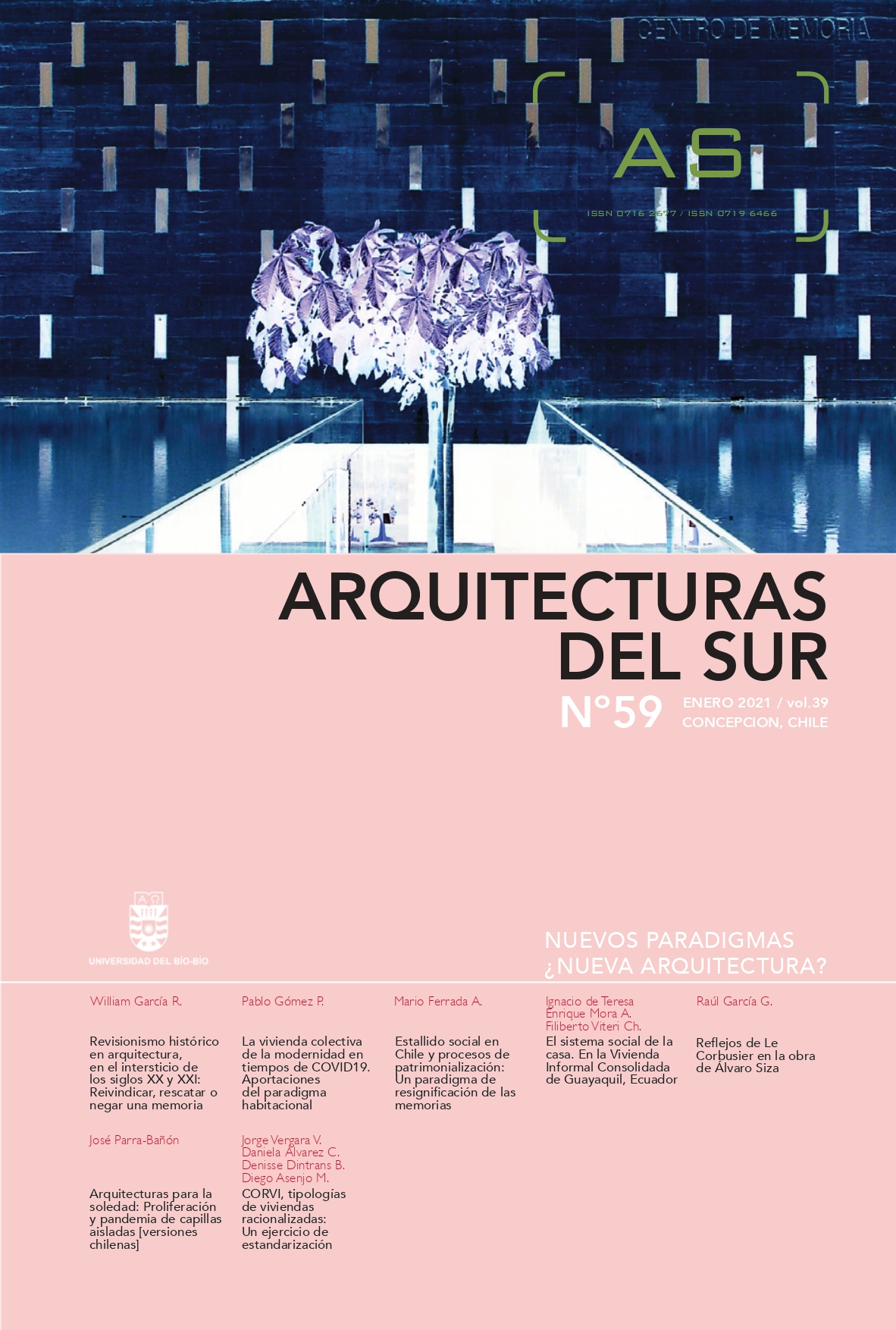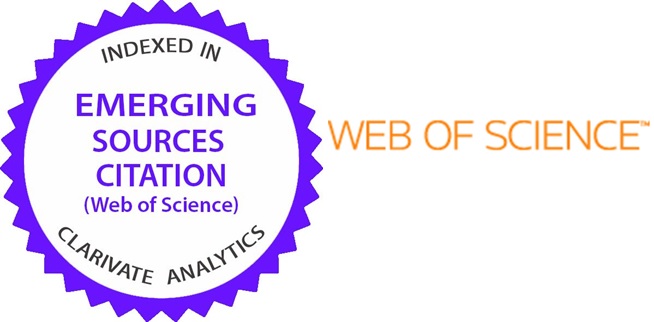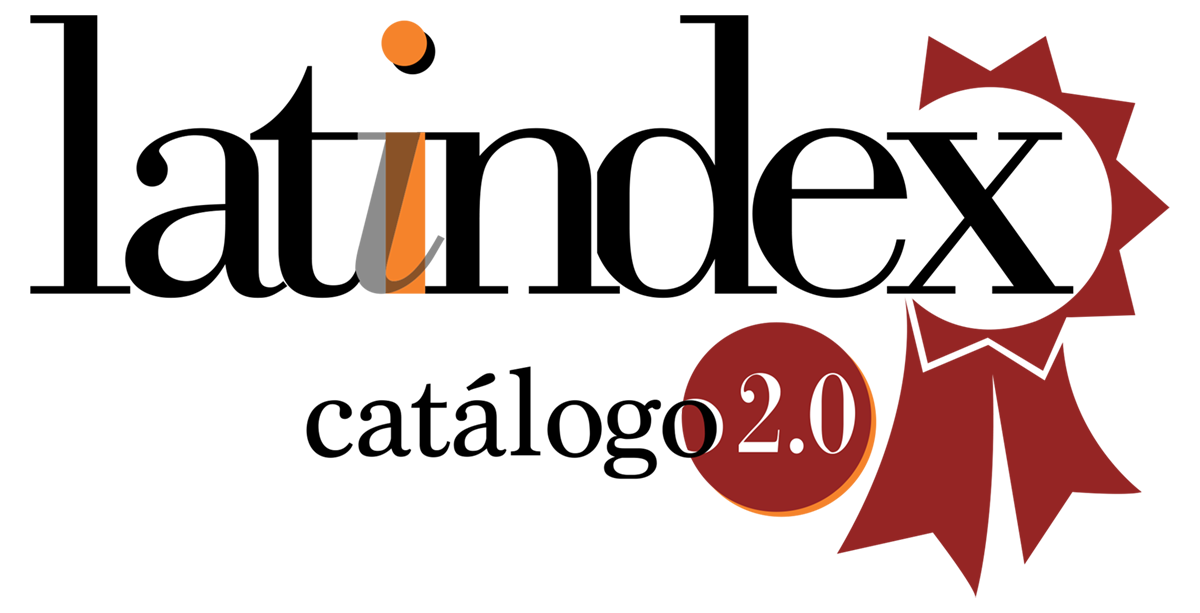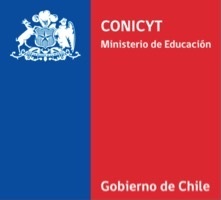Social uprising in Chile and patrimonialization processes: a resignification paradigm of memories
DOI:
https://doi.org/10.22320/07196466.2021.39.059.03Keywords:
Social conflict, patrimonialization processes, discourses, memories, social uprising in ChileAbstract
In recent years, both globally and locally, a profound change in the paradigm has been seen with respect to what has been traditionally accepted as a manifestation of heritage. In part, this conceptual and methodological transformation is due to the emergence of patrimonialization processes, driven by social conflicts that go against the institutionalized discourses of heritage. This results in resignifications of the stories and memories in the territory, the city and the architecture, associated with new categories of heritage that need to be addressed. This work is about this new paradigm, taking as a case the so-called ‘social uprising, which has affected Chile since October 18th, 2019. Beyond being perceived as a destructive phenomenon, which initially targets aspects of a socio-political nature, the presence of the conflict in Chilean society points to a sharp criticism of the heritage representation system. In its spatio-temporal trajectory, new socio-spatial practices arise that satisfy the memory expectations of the communities regarding a transforming reality. The article aims to contribute to the field of architecture and the built environment, insofar as it allows reflecting on the transformation of meanings and values of heritage that emerges in the daily reality of our cities. Using a descriptive methodology, based on recent media documents, some emblematic situations of the problem are addressed, manifested in the consolidated urban areas of La Serena, Valparaíso, Santiago, Concepción, Temuco, and Punta Arenas. In them, the patrimonialization operations make visible the contrasts between the discourses of the State and those produced by social organizations, the resignification of elements of traditional heritage and the emergence of the city as a space for negotiation of memories. From all this, the renewal of the values and attributes, traditionally assigned to monuments, is inferred, whether in their objectual, architectural or urban condition, as well as the potentiality of heritage, as a channel for dialogue, coexistence, and cohesion in the ongoing debate about conflicting stories and memories.
Downloads
References
Alvarado Lincopi, C. (8 noviembre 2019). Derribar símbolos coloniales: Un nuevo acto político que se suma en las protestas en Chile. Interferencia. Recuperado de https://interferencia.cl/articulos/derribar-simbolos-coloniales-un-nuevo-acto-politico-que-se-suma-en-las-protestas-en-chile
Aranda. F. (2020). En Ojeda Pereira, I. (Ed.). Postales del estallido social chileno. Sentires colectivos. Entre la vivencia y la memoria. Valdivia: Némesis.
Bengoa, José (2006). La comunidad reclamada. Identidades, utopías y memorias en la sociedad chilena. Santiago de Chile: Editorial Catalonia.
Castoriadis, C. (2013). La institución imaginaria de la sociedad. Buenos Aires: Tusquets Editores.
Claval, P. (2012). Mitos e imaginarios en geografía. En: Lindón, A. y Hiernaux, D. (Dir.). Geografías de lo imaginario (pp. 29-48). México D.F.: Anthropos, Universidad Autónoma Metropolitana.
CNN Chile (23 febrero 2020). Atacan monumento Héroes de Iquique en Valparaíso con piedras y pintura: La Armada condenó el acto. CNN Chile. Recuperado de https://www.cnnchile.com/pais/atacan-monumento-valparaiso-armada-condena_20200223
Davallon, J. (2010). The Game of Heritagization. En: Roigé, X. y Frigolé, J (Eds.). Constructing Cultural and Natural Heritage. Parks, Museums and Rural Heritage (pp. 39-62). Girona: ICRPC.
De Ramón, E. (15 enero 2020). Patrimonio y estallido: No hay que asustarse. Hay que asustarse cuando no pasa nada. Radio ADN. Recuperado de https://www.adnradio.cl/tiempo-libre/2020/01/15/emma-de-ramon-patrimonio-y-estallido-no-hay-que-asustarse-hay-que-asustarse-cuando-no-pasa-nada-4002942.html
De Souza, M. V. (2020). Concepción: El trabajador del comercio informal de calle. La producción efímera del espacio en la crisis social. Revista Arquitecturas del Sur, 38(57), pp. 146-161.
El Mostrador Cultura (11 marzo 2020). Mundo cultural dividido: organizaciones sociales llaman a no aprobar Ley del Patrimonio hecha "entre cuatro paredes". El Mostrador. Recuperado de https://www.elmostrador.cl/dia/2020/03/11/mundo-cultural-dividido-organizaciones-sociales-llaman-a-no-aprobar-ley-del-patrimonio-hecha-entre-cuatro-paredes
Gaete, C. (30 junio 2020). En: Jacinta, M., Protestas contra monumentos colonialistas: El otro estallido chileno que la pandemia dejó en pausa. CNN. Recuperado de https://www.cnnchile.com/pais/protestas-monumentos-colonialistas-otro-estallido-social_20200630
García Canclini, N. (1999). Los usos sociales del patrimonio cultural. En: Aguilar Criado, E. (Ed.), Cuadernos Patrimonio Etnológico. Nuevas perspectivas de estudio (pp. 16-33). Consejería de Cultura, Junta de Andalucía.
Iniesta, M. (2009). Patrimonio, ágora, ciudadanía. Lugares para negociar memorias productivas. En: Vinyes, R. (Ed.), El Estado y la memoria. Gobiernos y ciudadanos frente a los traumas de la historia (pp. 467-498). Barcelona: RBA Libros.
Larraín, J. (2010). El concepto de ideología Postestructuralismo, Postmodernismo y Postmarxismo. (Volumen 4). Santiago de Chile: LOM Ediciones.
Lefebvre, H. (2006). La presencia y la ausencia. Contribución a la teoría de las representaciones. México D. F.: Fondo de Cultura Económica.
Lefebvre, H. (1975). El derecho a la ciudad. Barcelona: Península.
Lorenzo Cadarzo, P. L. (2001). Principales teorías sobre el conflicto social. NORBA, Revista de Historia, (15), pp. 237-254.
Manzi Zamudio, G. (2020). La ciudad de Santiago resignificada como corporeidad comunicacional temporal en tiempos de estallido social. Revista Arquitecturas del Sur, 38(57), pp. 162-181.
Oliva Saavedra, C. (2020). Monumentos en el estallido social como expresión material del derecho a la ciudad. Revista Planeo, enero, (42), pp. 1-6.
Prats, Ll. (2005). Concepto y gestión del patrimonio local. Cuadernos de Antropología Social de la Universidad de Buenos Aires, (21), pp. 17-35.
Riegl, A. (1987). El culto moderno a los monumentos. Madrid: Visor.
Roigé, X. y Frigolé, J. (2010). Introduction. En Roigé, X. y Frigolé, J (Eds.). Constructing Cultural and Natural Heritage. Parks, Museums and Rural Heritage (pp. 9-24). Girona: ICRPC.
Sánchez Carretero, C. (2017). Hacia una antropología del conflicto aplicada al patrimonio. En Santa María Campos, B. (Coord.). Geopolíticas patrimoniales: de culturas, naturalezas e inmaterialidades. Una mirada etnográfica (pp. 215-230). Madrid: Neopatria.
Simmel, G. (2014). Sociología: estudios sobre las formas de socialización. México D.F.: Fondo de Cultura Económica.
Downloads
Published
How to Cite
Issue
Section
License
Copyright (c) 2021 Mario Ferrada-Aguilar

This work is licensed under a Creative Commons Attribution-ShareAlike 4.0 International License.
The content of the articles published in each issue of Arquitecturas del Sur is the sole responsibility of the authors and does not necessarily represent the opinion of University of the Bío-Bío.
The authors will maintain their copyright; however, they will guarantee the journal the right to first publication and dissemination of their work. The publication of the article in Arquitecturas del Sur will be subject to the Creative Commons International license (CC BY-SA) that allows others to adapt: remix, transform and build on the material for any purpose, even commercially; share: copy and redistribute the material in any medium or format, as long as the authorship and first publication in this journal are acknowledged by citing them correctly, and their new contributions are under a license with the same terms.














 Programa de Información Científica/Concurso Fondos de Publicación de Revistas Científicas 2018/ Proyecto Mejoramiento de Visibilidad de Revistas UBB (Código:FP180007)
Programa de Información Científica/Concurso Fondos de Publicación de Revistas Científicas 2018/ Proyecto Mejoramiento de Visibilidad de Revistas UBB (Código:FP180007) 
